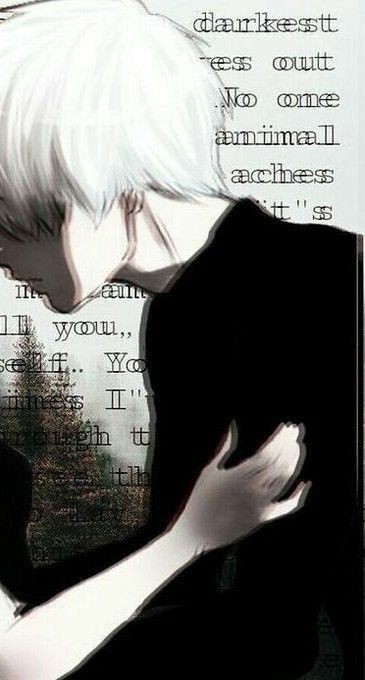The Land of the Desolated
Reaching out my hand but they only meet the cold air,
A world full of people yet no one really cares.
I feel like I’m drowning in the ocean of misery
How did I get here? That is a big mystery.
Crying, shivering, and screaming at anyone who would listen.
It is hard to see through the tears that blur my vision.
The thoughts of “everyone hates you” and “give up” haunt me at night.
I know the darkness is engulfing all of my light.
The child in me is dead, the feeling of love is gone.
I am torn between rights and wrongs.
The days turn into nights, and then again the dawn appears.
Every day feels monotonous yet I am still here.
Minutes feel like hours and hours feel like days,
As I run like a lunatic looking for a way.


Review:
The author skillfully catches the spirit of hopelessness and solitude in this moving and contemplative poetry, creating a realistic portrayal of a person caught in the throes of mental agony. The reader is urged to enter the depths of the narrator’s misery by using moving words, which create a sincere feeling of empathy and compassion.
The first few words of the poem, “Reaching out my hand but they only meet the cold air, A world full of people yet no one cares,” create a striking contrast between the narrator’s desire for connection and the harsh reality of feeling ignored and uncared for. This powerful picture sets off the remainder of the poem, in which the speaker wades through a sea of agony while debating their existential dilemmas.
The narrator’s overpowering sense of dread and uncertainty is shown by how the feeling of drowning in an “ocean of misery” is portrayed. Their inability to fully grasp the events that led to their present situation is highlighted by their repeated use of the phrase “How did I get here?” The narrator’s wailing, shaking, and frantic cries for attention in the following lines successfully express their emotional suffering and their acute need for comfort and approval.
The disturbing ideas that keep them up at night amplify the narrator’s inner turmoil’s tremendous effect. The interaction between light and darkness takes on a key motif as the darkness threatens to destroy any last sparks of hope or pleasure. The narrator’s internal fight with competing ideas of good and evil is made more difficult by the loss of innocence and love, as the “child in me is dead” and the belief that “everyone hates you,” respectively.
The poem’s form, with its short yet impactful lines, captures the narrator’s constant emotional struggle. By using contrasting visuals of dull days and ephemeral dawns, the passage of time is well shown, adding to the sensation of imprisonment and the frantic desire for an escape.
Everyone who has encountered the depths of emotional misery may relate to this touching work. A captivating and thought-provoking composition that encourages meditation on themes of alienation, introspection, and the resiliency of the human spirit in the face of hardship is produced by the author’s use of words, imagery, and rhythmic flow.